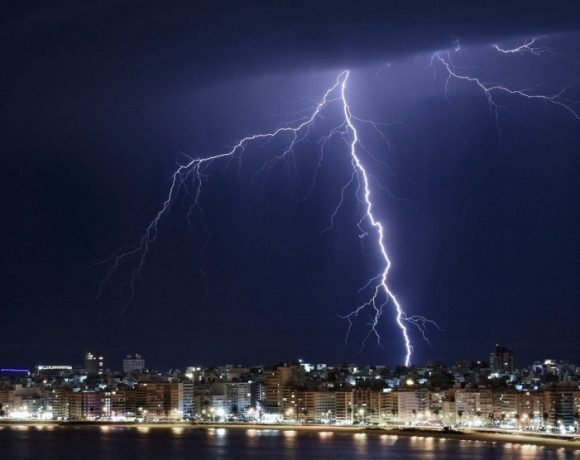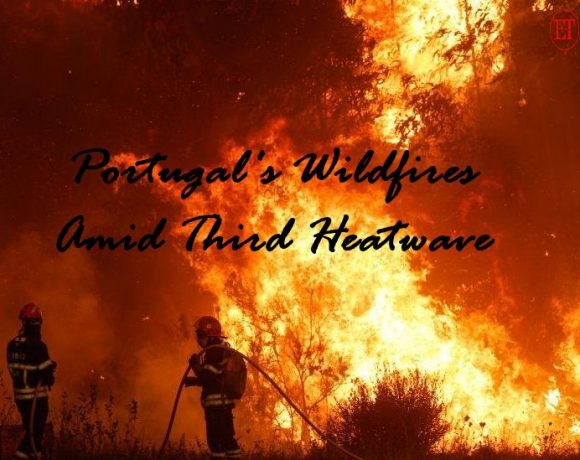
Eighteen people sustained injuries in the Czech Republic when a tree they were sheltering under was struck by lightning, according to local emergency services. The incident occurred on Sunday afternoon in the Liberec-Vratislavice castle park, situated in the northern Liberec region, approximately 55 miles (90 km) northeast of Prague.
Images and videos shared by the fire service show numerous emergency personnel and vehicles at the scene. While officials have not released detailed information about the injured individuals, local media reported that children were among those hospitalized. The park was hosting an event for International Children’s Day at the time.
Czech TV station CT 24 reported that five of the injured were children aged between two and 16, and that five adults required resuscitation at the scene. Vaclav Ricar, a spokesperson for the Liberec regional hospital, told local newspaper Liberecky Denik that the hospital had received 17 conscious patients, confirming that one child was airlifted to a hospital in Prague.
The Czech Republic experienced heavy rain and storms over the weekend, with reports of flooding affecting various parts of the country. Climate change, which has caused the world to warm by approximately 1.1C since the industrial era, contributes to more frequent extreme rainfall events. Temperatures will continue to rise unless significant emissions reductions are made globally.
Experts advise those caught outside in a thunderstorm to seek a low spot away from trees, fences, and poles. If you feel your skin tingle or your hair stand on end, it indicates that lightning is imminent. The recommended action is to crouch down, balancing on the balls of your feet with your hands on your knees and your head between them, to make yourself the smallest target possible and minimize ground contact.
Picture Courtesy: Google/images are subject to copyright

